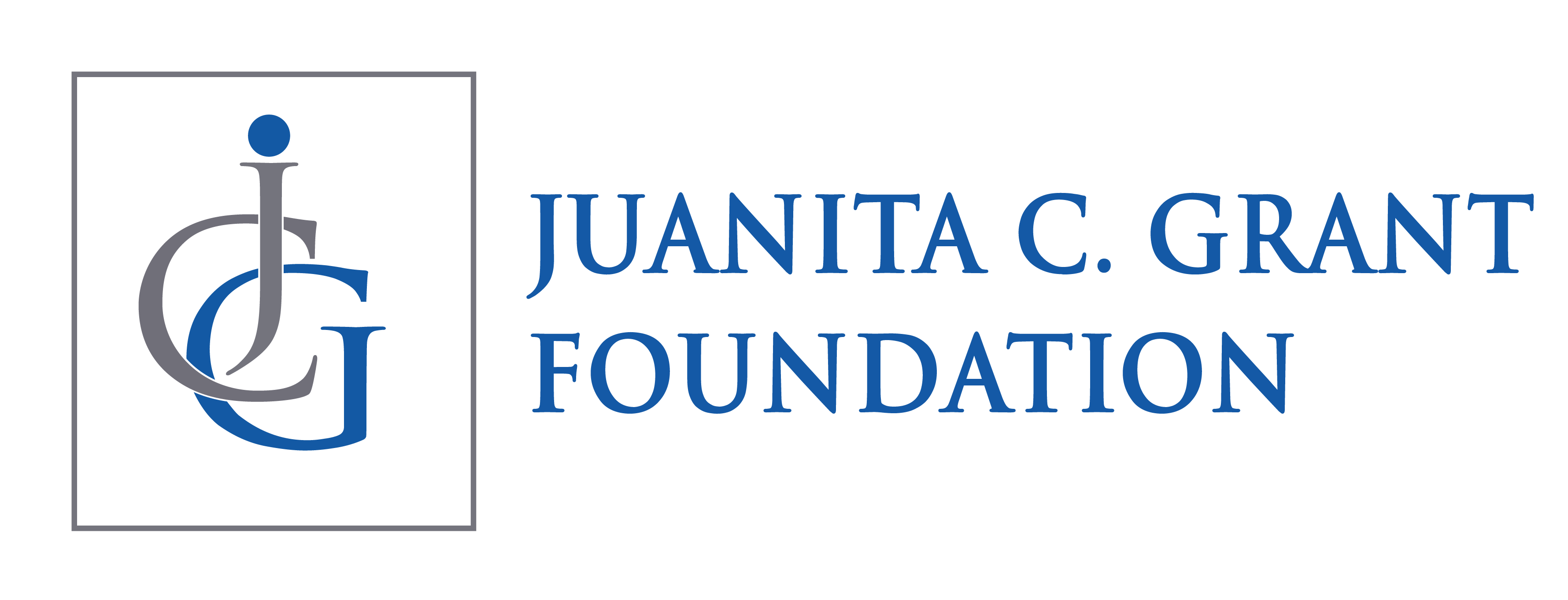FOCUS
The Juanita C. Grant Foundation uses advocacy as a strategic tool to advance their mission and vision by influencing public policy, community engagement, coalition building, awareness campaigns, research and promoting social change. We advocate for improving the quality of life of older adults through three core direct service programs:
- Elder Abuse and Fraud Prevention Training Series conducted in partnership with the U.S. Department of Justice/Elder Justice Initiative, the U.S. Maryland States Attorney’s Office Baltimore District, Prince George’s County Police Department Financial Crimes Unit, Consumer Financial Protection Bureau, Federal Trade Commission, Pr. George’s County Family Justice Center, Pr. George’s County Parks and Recreation, FBI, and the U.S. Postal Inspector Service.
- Village Connector Experience is a structured outreach call program. Older adults that self-identify as experiencing a sense of loneliness can sign up as a VCE member for structured outreach calls 1-3 x per week. Each VCE member receives a certified VCE Ambassador who facilitates their development of social networks and reconnects them with their family and friends.
- We conduct Workforce Development through 7-week intensive bootcamps that teach transferable business skills, enabling individuals to pursue a career of their choice. Our team also offers live seminars and coaching to support individualized development needs.
Nonprofits increasingly rely on research and data-driven decision-making to enhance their effectiveness and impact. By conducting rigorous research, such as needs assessments, demographic analyses, and evaluations of program outcomes, nonprofits can gain crucial insights into the communities they serve and the effectiveness of their interventions. This data allows organizations to identify priority areas for investment, refine strategies based on evidence, and allocate resources more efficiently. Moreover, research helps nonprofits demonstrate accountability to stakeholders, including donors, funders, and the public, by providing empirical evidence of their achievements and the tangible impact of their initiatives. By fostering a culture of inquiry and continuous improvement, nonprofits can ensure that their efforts are grounded in reliable data and informed by best practices, ultimately maximizing their ability to create meaningful change and address complex social challenges.
JCGF is utilizing the following data gathering tools:
- Focus Groups
- Surveys
- Listening Tours
- Podcasts
- Invitational Summits
- Expert consultation
- Budget analysis
- Census and BRFSS data analysis
- Industry journals
- Literature review
- Environmental Scans
IMPACT (2023 Impact Report)
Quantitative measures, such as numbers served or policy changes enacted, along with qualitative indicators like improved quality of life, increased awareness, or strengthened community cohesion, demonstrate impact. By transparently sharing success stories and testimonials, we build trust with stakeholders, including donors, volunteers, partners, and the community. Demonstrating an impact not only validates the organization’s mission and efforts but also inspires continued support and engagement, ensuring sustainability and furthering the organization’s ability to make a lasting difference.
